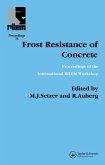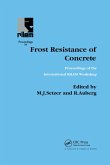Ähnliche Artikel
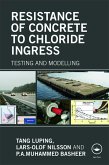
eBook, PDF
6. Oktober 2011
Taylor & Francis eBooks
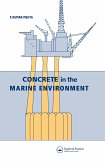
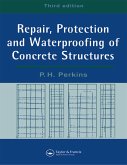
eBook, PDF
17. Juli 1997
Taylor & Francis eBooks
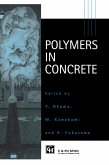
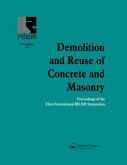
eBook, PDF
7. Oktober 1993
Taylor & Francis eBooks
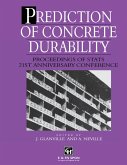
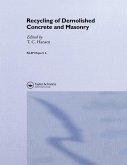
eBook, PDF
28. Mai 1992
Taylor & Francis eBooks
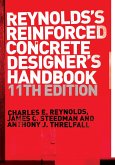
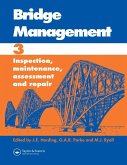
eBook, PDF
21. April 2014
Taylor & Francis eBooks
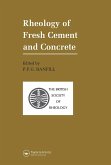
eBook, PDF
27. September 1990
Taylor & Francis eBooks
Ähnlichkeitssuche: Fact®Finder von OMIKRON

